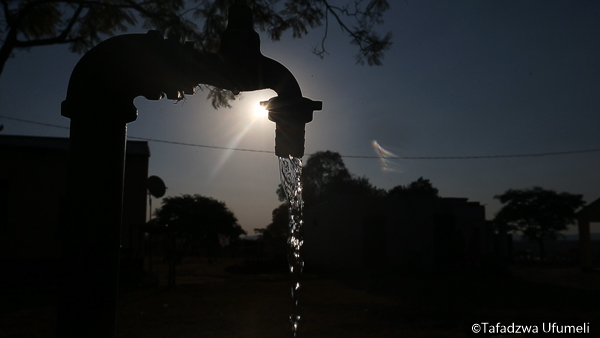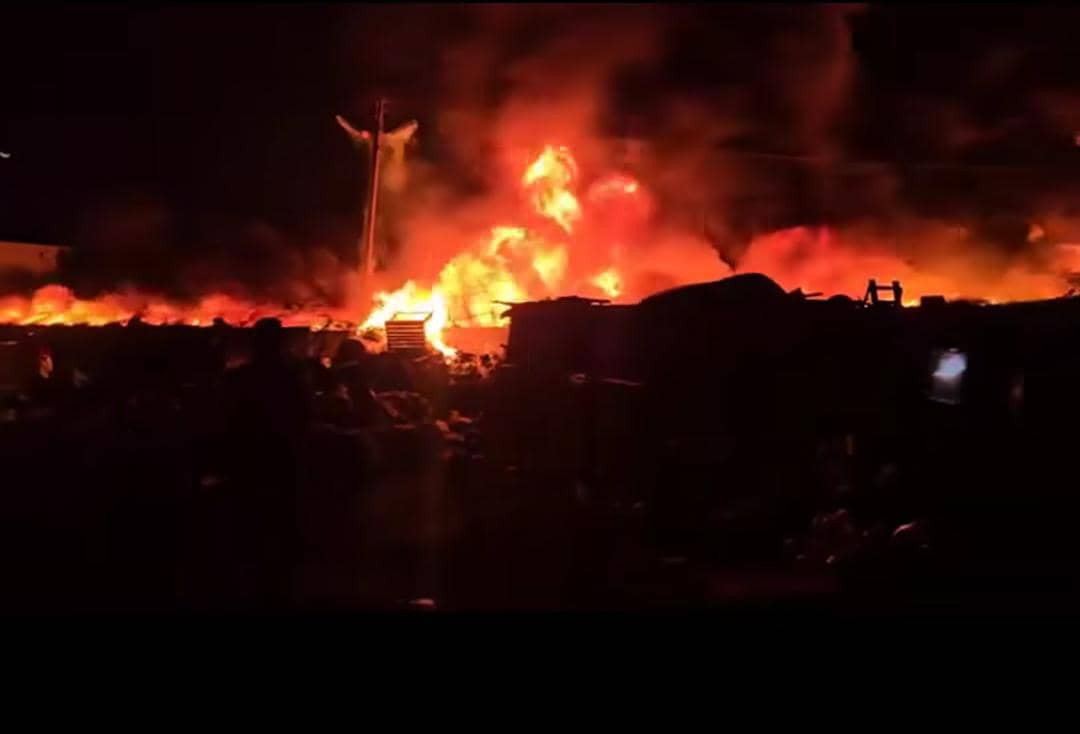
For nearly two and half decades, Matenda Primary school in Zvishavane district in the Midlands Province has been facing acute water shortages.
The problems started after drought hit the country in 1992 and Zvishavane, being arid, was among the worst affected.
Bathing and laundry became a luxury as the little water available was prioritised for cooking and drinking.
Enterprising villagers made a killing by selling the precious liquid to teachers for $1 per 40 litres which forced a myriad of qualified personnel to leave the schools.
Villagers were digging on river beds forming artificial wells, where they would take turns to provide water to the school.
World Food Programme (WFP), through the Primary and Secondary Education ministry, launched a water source project on Monday at Matenda Primary school in Zvishavane and its aims is to support the home grown school feeding programme at the school and the school has two gardens, which are complimenting the school feeding programme.
With support from WFP, 11 boreholes were drilled in the district under the school feeding programme and it comes as a huge relief, including Matenda, This donation of boreholes and fencing materials for the nutritional gardens in 11 schools is bringing a positive impact to these schools & their communities and the district at large.
Zvishavane is one of the districts among the drought-stricken regions of the country and this project appears to have has come handy to the schools and communities.
- Chamisa under fire over US$120K donation
- Mavhunga puts DeMbare into Chibuku quarterfinals
- Pension funds bet on Cabora Bassa oilfields
- Councils defy govt fire tender directive
Keep Reading


















